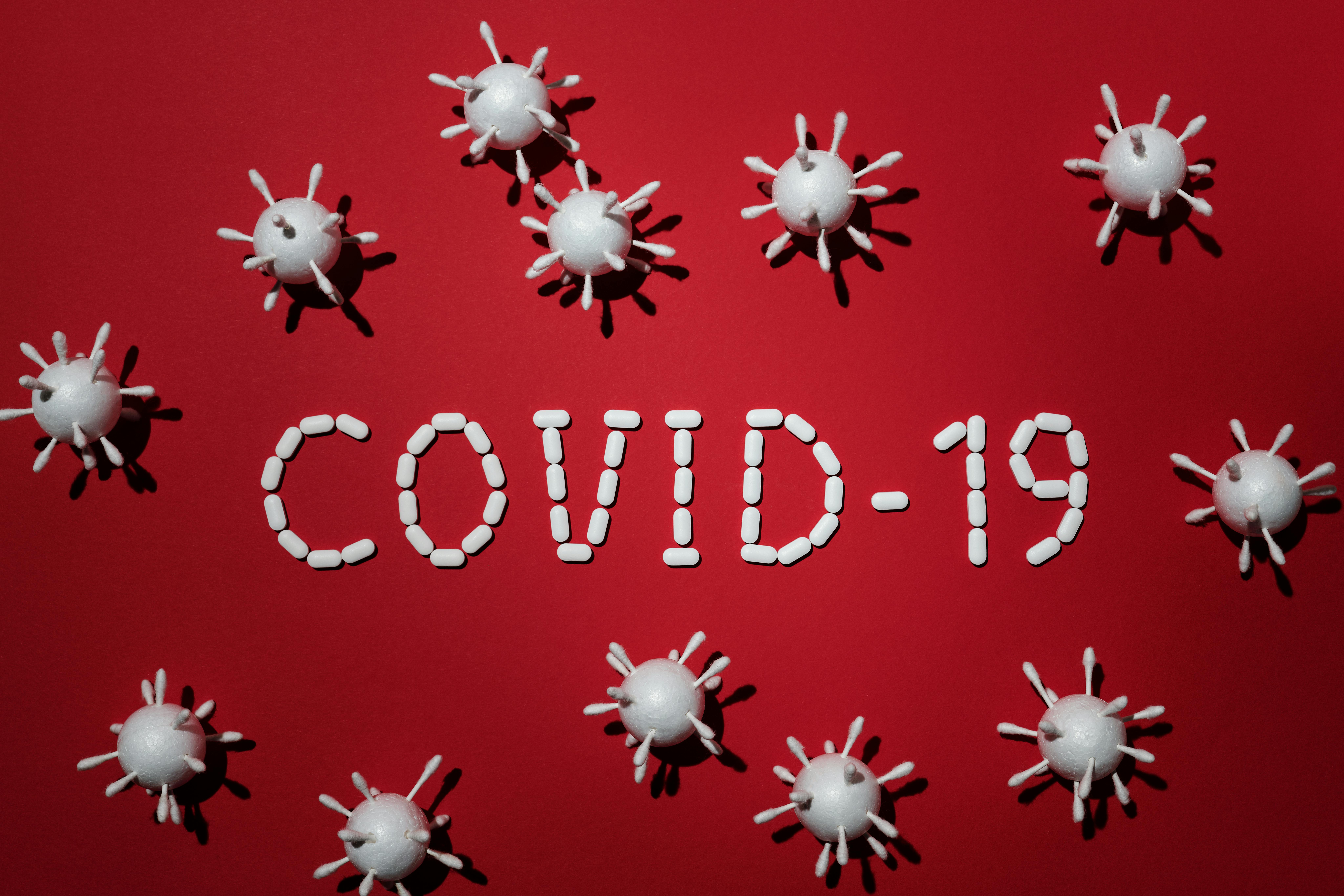
immune system


New Research Reveals How Bacteria Cause Liver FatSeptember 19, 2025

A New Study Reveals a Metabolic ‘Reset Button’ for Inflammatory Bowel DiseaseSeptember 17, 2025

Is Your Child’s Gut Too Slow? New Study Reveals Hidden Diabetes RiskSeptember 16, 2025

How Your Gut Could Fuel Post-Infection FatigueSeptember 16, 2025

Could Your Immune System Be Using Milk Proteins to Fight Tumors?September 14, 2025

Could Your Gut Bacteria Be the Real Reason You Can’t Stop Eating?September 12, 2025

This Mouse Can Fight COVID-19 and Lupus, and Here’s WhySeptember 10, 2025

Science Says: Your Bowel Movement Frequency Could Be an Early Health IndicatorSeptember 9, 2025
